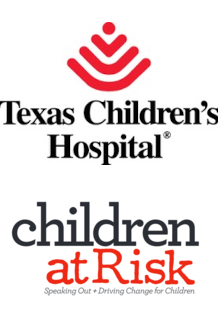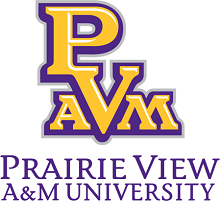Abstract
Refugee students, language learners, and students in poverty are often viewed through a deficit model of everything they do not have in the way of school preparedness. However, many of them are survivors who possess courage and resilience. They also possess exceptional visual literacy developed through experiences with video and other images. Leveraging their visual literacy builds a bridge to help them understand text, which in turn helps them understand how literature reflects all of our experiences. Increased textual literacy helps students engage with vexing human questions. These questions form an inquiry base from which students can approach writing as an authentic task for self-expression. Student voice and culturally responsive teaching is valued in this model, which counters the experiences with failure that so many immigrant and low-income students learn when standardized testing is the focus of school. Inviting students to co-create literate spaces honors them, their families, and their cultures.
Key Take Away Points
- Refugee students, language learners, and students in poverty are often viewed through a deficit model
- Children possess visual literacy that can be leveraged to enrich their textual literacy
- As children understand text at deeper levels, they begin to see their own experiences reflected in literature
- Children engage vexing human questions in reading and can use these as a base for articulating their own deep questions
- We don’t allow children any space in school to address these deeper questions
- Children can and do create profound writing based on their own questions, which acts as a doorway to their cultures and family experiences
Author Biography
Shanna Peeples, the 2015 USA National Teacher of the Year, is an English teacher at Palo Duro High School in Amarillo, Texas where she teaches Advanced Placement students, English Language Learners who speak a total of 27 languages, and struggling students in both day school and the school’s evening credit recovery program. For half her school day, she is an instructional coach for literacy strategies. After regular school hours, she teaches English and Speech in PDHS’s FLEX night school. She is a 2016 National Education Association Global Learning Fellow, a member of the Global Teacher Prize Academy, recipient of the Texas A&M University Outstanding Educator Award, and a 2015 Distinguished Alumnus of West Texas A&M University.
Recommended Citation
Peeples, Shanna
(2015)
""What Is Essential Is Invisible To The Eye": Culturally Responsive Teaching As A Key To Unlocking Children's Multiple Literacies,"
Journal of Family Strengths: Vol. 15:
Iss.
2, Article 8.
DOI: https://doi.org/10.58464/2168-670X.1287
Available at:
https://digitalcommons.library.tmc.edu/jfs/vol15/iss2/8


